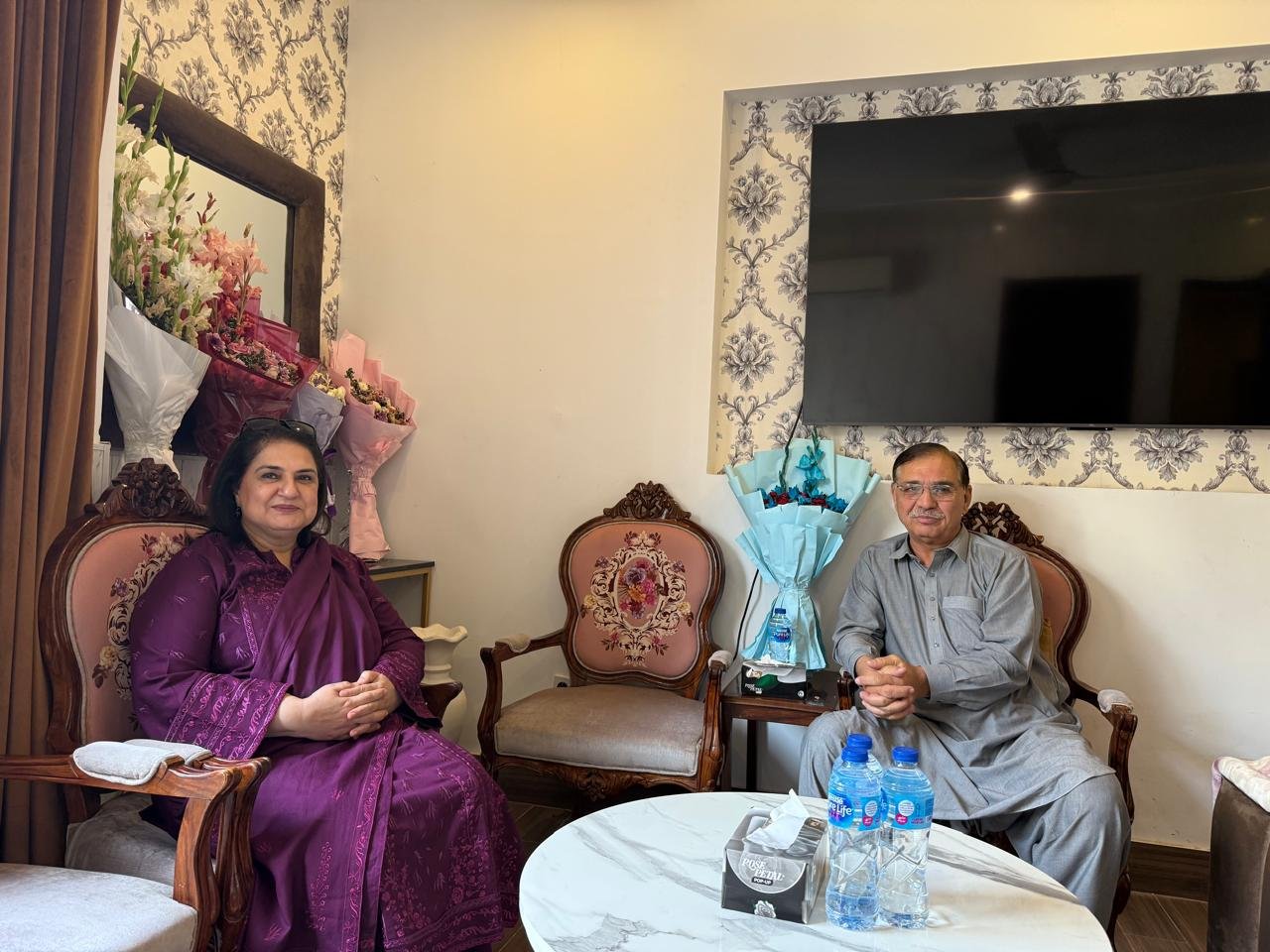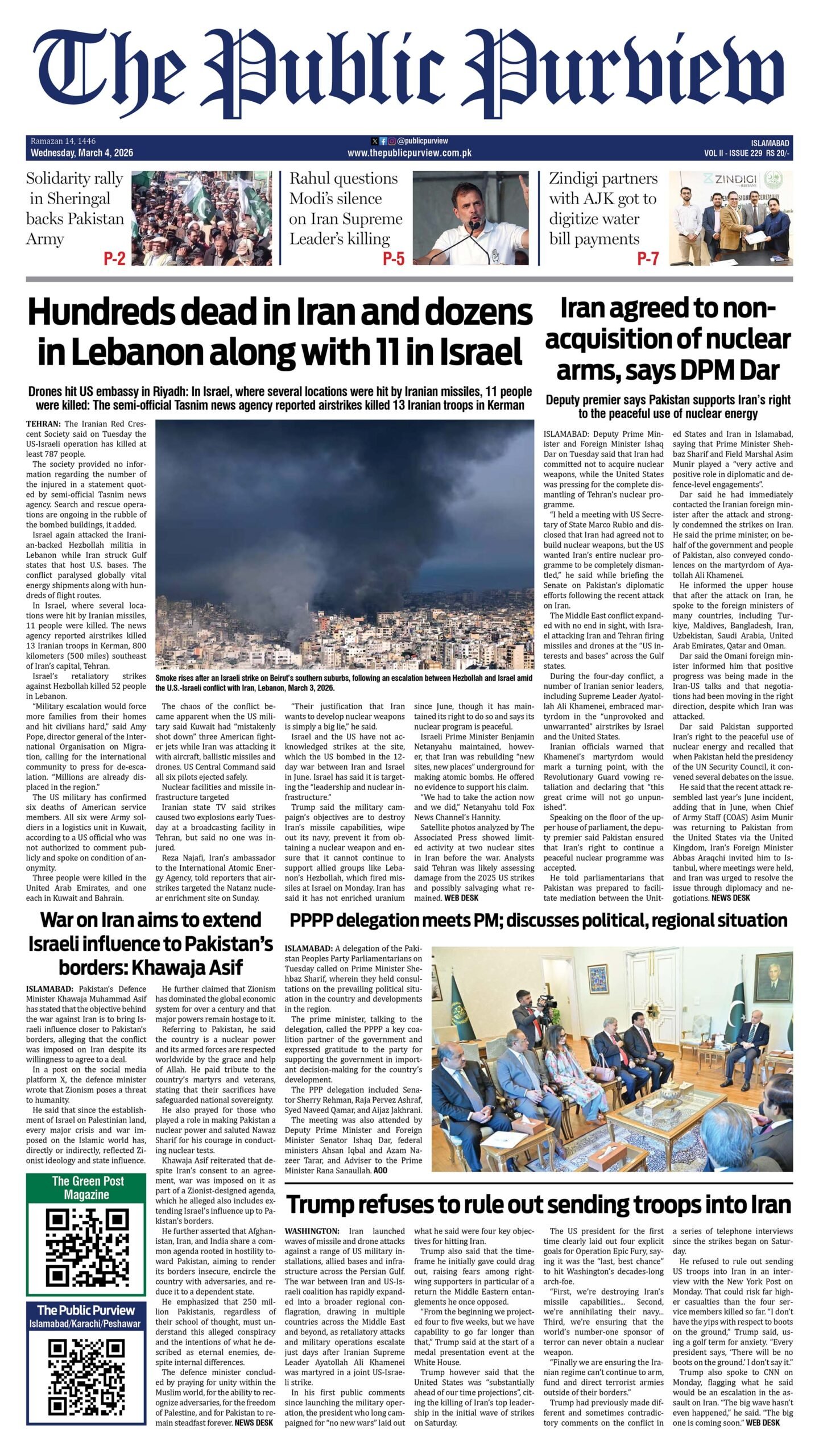The country is very badly stuck in the debt cycle and the government also realizes this fact so that’s why it is pinning many hopes on the Shanghai Cooperation Organization meeting but China’s CPEC project(which is in the completion stages) is a gambling. It will be useless to expect any other big help except the soft image. Therefore if the rulers come out of the charm of Shanghai Cooperation Organization meeting they should bring before the people a road map to reduce the external debt.
According to media reports the government has managed to secure $1.2 billion from the Saudi Oil Facility and $430 million from the Islamic Development Bank through its International Islamic Trade Finance Corporation but $1.63 billion, if not the full amount, remains outstanding.
A large amount is likely to be earmarked for fuel imports which, according to the State Bank of Pakistan website stood at $2.8 billion during the two months of July and August 2024. During the financial year 2023-24 the volume of imports of oil and its distillation products stood at $28 billion despite the fact that the government has restricted imports of furnace oil (which led to load-shedding of electricity) as well as petroleum products, forced to reduce domestic demand due to higher international oil prices coupled with high inflation due to heavy taxes.
In the current geopolitical environment there is a real risk of further oil price hikes. Especially if Israel and the US attack Iran in response to the October 1st Iranian missile attack. Iran has already warned that any attack would be met with further retaliation, not ruling out the possibility of disrupting global supply chains.
This rate will be offered at the current interest rate taking into account the default risk of Pakistan as determined by 3 international rating agencies,3 Two of the rating agencies Moody’s and Fitch, have upgraded Pakistan’s ratings in recent weeks. However both still place the country in the high default risk category. Thus because of this there is legitimate concern that commercial loans will be offered at premium rates, and some economists say that rates will be as high as 11 percent.
This view is bolstered by the fact that reports from unconfirmed government sources accordingly the issuance of debt equity or Eurobonds with a budget of one billion dollars is unlikely this year because the current cost of borrowing for the country is based on a poor rating.
So far there are no reports that Mashreq Bank has given any loans to the country, although there were reports in August that talks with Mashreq’s management were also ongoing with the DIB. It is not clear whether the budget documents what interest rate was included would give an estimate of how much the debt servicing payments would increase.
If so, what would be the impact on the deficit and consequently on inflation. However one thing is clear that the government is still facing difficulties in securing external financing arrangements to meet its expenses and the shortfall so far is 4 billion dollars. The government had allocated a budget of 20.4 billion dollars from external sources. It was approved by the International Monetary Fund team. Of this 4 billion dollars were to be obtained from foreign commercial banks while so far only 1 billion dollars have been secured.
Although the IMF made these external funding amounts a condition for loan approval, with the board’s approval it can be assumed that the commercial banking sector may be more viable to lend to the government though. It will likely be difficult to negotiate the interest rate offered to a more acceptable level.
It is also important to point out that the pressure to obtain external loans at abnormally high rates of interest can only be alleviated through voluntary sacrifice on the part of the recipients of current expenditure. It’s an option the government seems rhetorically committed to, although nothing concrete has yet been achieved.







 Today's E-Paper
Today's E-Paper